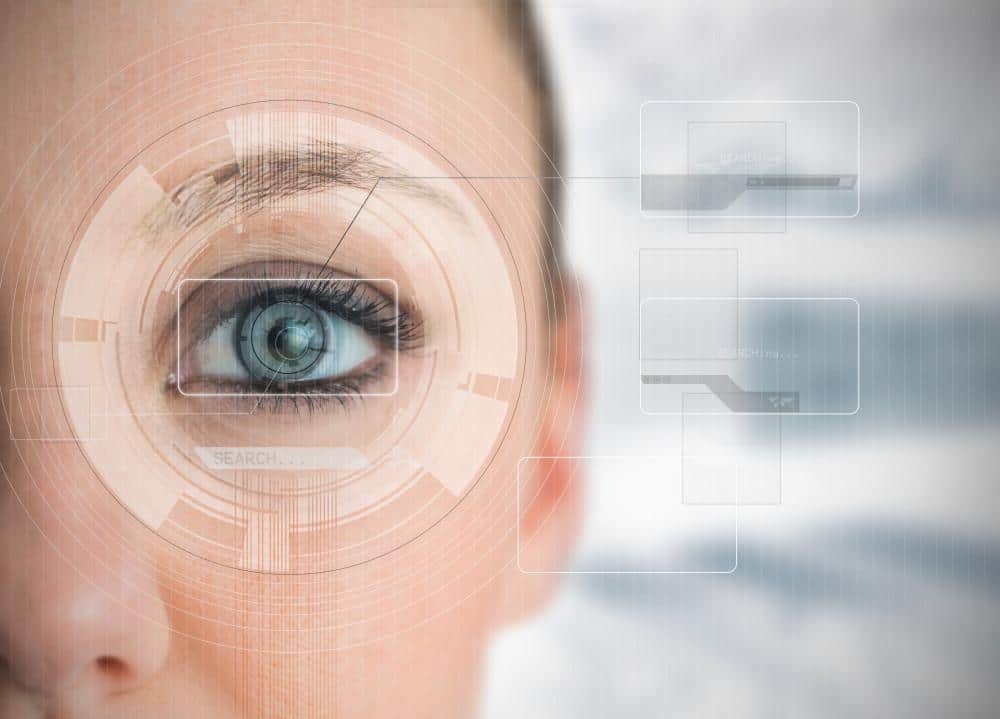Maybe you’re tired of hearing everyone tell you that you look exhausted or perhaps your sagging eyelids are affecting your vision. Whatever the reason, you’ve decided that you’re ready to have eyelid surgery, also known as blepharoplasty. This minor outpatient procedure can significantly change your appearance and make you look years younger.
Dr. Robert Brueck at Beauty by Brueck can give you the look you want, but he wants you to be fully prepared before your procedure so you have a smooth recovery. With that in mind, we put together these six tips to help you prepare for eyelid surgery.
Determine if eyelid surgery is right for you
It may sound obvious, but the first step in preparing for eyelid surgery is determining if you’re a good candidate for the procedure. You shouldn’t take surgery of any kind lightly, even minor eyelid surgery. Together, you and Dr. Brueck determine if the surgery is the best choice for you.
Eyelid surgery can treat a number of aesthetic concerns, including:
- Sagging of the upper or lower eyelid
- Puffiness of the lower lid
- Bags under the eyes
- Excess skin under your eyes
It’s also recommended as a treatment when the sagging lids affect your vision.
But if your droopy lids are caused by a condition called eyelid ptosis, which is a stretching of the eyelid muscle, then eyelid surgery may not be the right choice. Also, Dr. Brueck wants to make sure you have realistic goals about the procedure and that you’re in good health.
Get a pre-procedure physical exam
Before you have any surgery, you need a physical examination to assess health and determine any risks that may impede the procedure or your recovery. In addition to a general physical exam, Dr. Brueck reviews your medical and surgical history and the types of medications you may be taking. He also measures your eyelids, takes photos, and may test your tear production.
During this exam, Dr. Brueck also provides you with special instructions on what you need to do to prepare for your surgery, including whether you should modify your medications and when you need to stop eating and drinking.
See your eye doctor
Due to the nature of eyelid surgery, you need to visit your eye doctor too. Your eye doctor assesses eye health and tests your vision, including your peripheral vision. Visiting your eye doctor is especially important if the sagging and drooping of your lids affects your vision, which may help with insurance coverage for the procedure.
Stock your house
Eyelid surgery may make you homebound for an extended period of time, which means you need to stock your house so you’re prepared. In addition to filling your kitchen, Dr. Brueck also wants you to get supplies you may need for your recovery, such as:
- Ice packs
- Over-the-counter pain medication
- Dark sunglasses
If you can, try to clean your house and have fresh sheets and towels ready for when you get home. You may also want to invest in some good audiobooks to keep you entertained.
Arrange for help
You’re not going to be able to drive yourself home after your eyelid surgery, so you’re going to need to arrange to have a friend or family member help you. You should also have someone stay with you at home while you recover for at least the first few hours, if not overnight.
Prepare to relax and heal
You can expect bruising and swelling around your eyes following your surgery. Ice packs and over-the-counter medication may help ease any discomfort.
While recovery varies from person to person, it may take up to two weeks for the bruising to go down enough for you to want to venture out in public. During this time, it’s best to relax, eat healthy food, and follow the instructions provided by Dr. Brueck. You should be fully healed from your eyelid surgery within a few months.
If you’re ready for eyelid surgery or want to know more about it, call the office today or schedule a consultation using the online booking tool.

